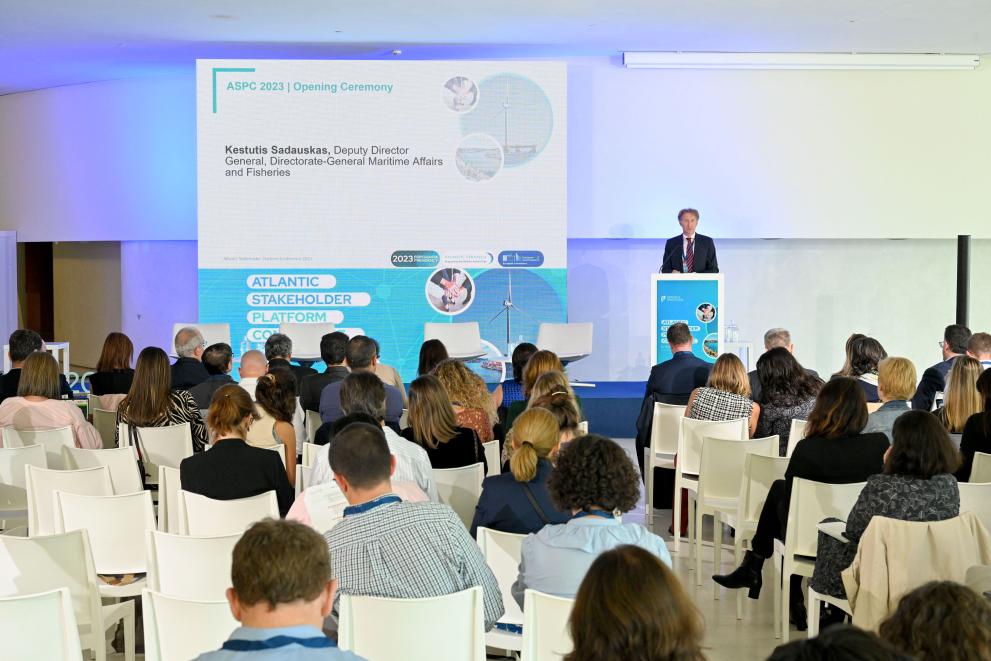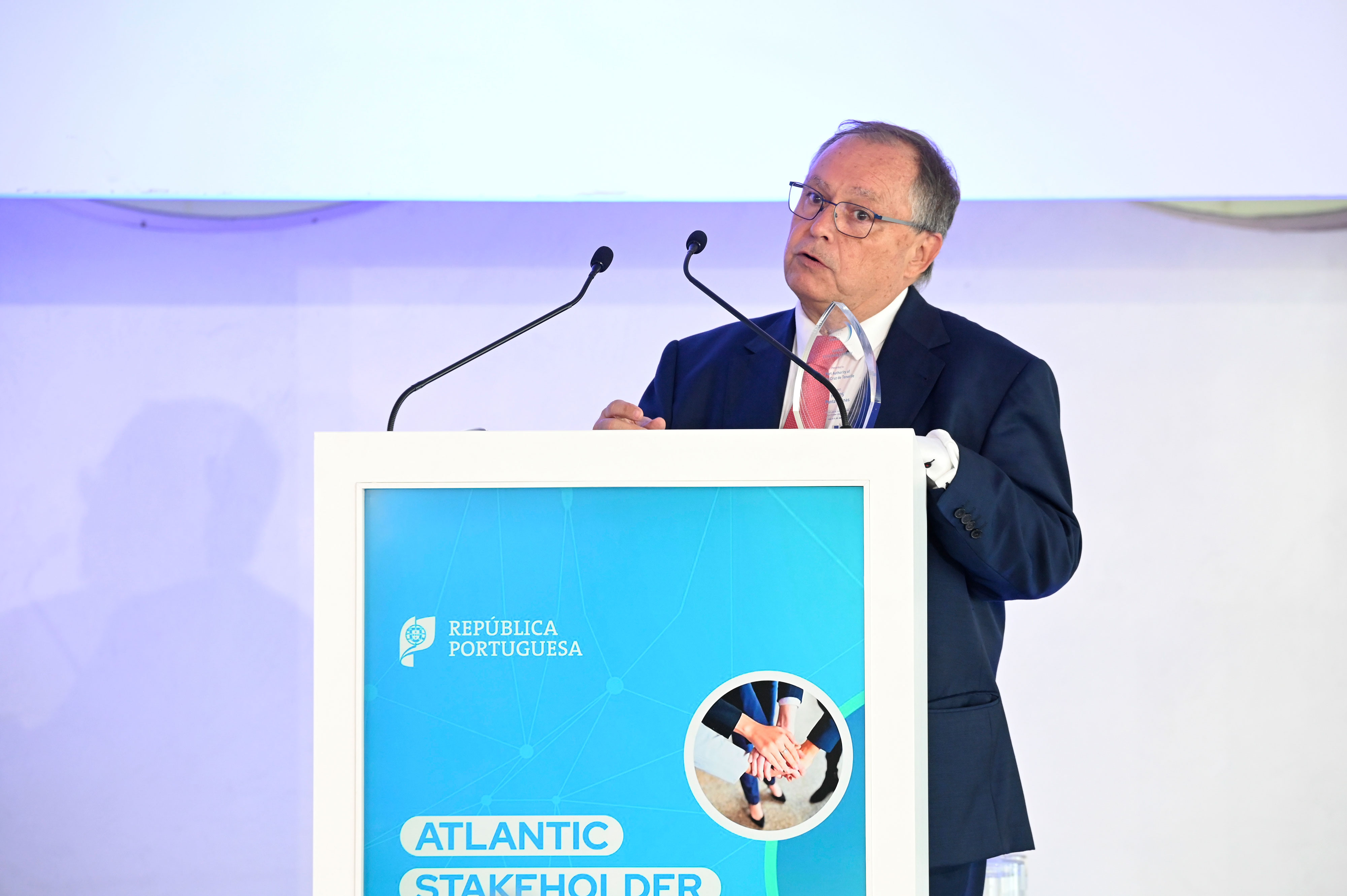
Born in 2011, the Atlantic Maritime Strategy was the first sea-basin strategy in Europe. With the support of the European Commission, the EU Member States in the Atlantic region (France, Ireland, Spain and Portugal) have worked together to unlock the potential of a sustainable blue economy in the area since then.
The Atlantic strategy is advancing at full speed, and renewed commitments are pushing its implementation further. On 18 October 2023, the Ministers of France, Ireland, Spain, and Portugal issued a new ministerial declaration, setting the course for the years to come.
Decarbonisation and the deployment of offshore renewable energy are at the heart of the new declaration.
Regarding decarbonisation, the EU Atlantic member states highlighted the importance of applying sustainable energy sources to vessels and ports, supporting the energy transition of the maritime sector. Concrete commitments include:
- To increase knowledge on new sustainable energy sources applicable to different fleet and vessel types
- To foster vessel designs, particularly the small ones, adapted to new energy sources
- To build port infrastructures for the deployment of offshore renewable energy and low-carbon fuels
It is no secret the Atlantic sea basin has a high natural potential for offshore renewable energy, in particular offshore wind energy. Fostering the deployment of marine renewable energy is essential and beneficial to the region. The four EU Atlantic member states committed to expanding offshore renewable energy production by taking measures to deploy wave or tidal pilot farms in Atlantic waters before 2025. This action will help meet the intermediate target of 100MW of energy supply from offshore renewables set by the EU strategy on offshore renewable energy.
Finally, new commitments targeted attracting new talents for the blue economy by upskilling and reskilling workers and creating digital resources to support blue education.
Back-to-back with the ministerial meeting, the annual Atlantic Stakeholder Platform Conference brought together the Atlantic community for two days of discussion. During the event, the participants reviewed progress and achievements linked to the Atlantic Action Plan 2.0. They exchanged on the goals and challenges in the Atlantic blue economy.
To close the event, the Atlantic Awards - the annual competition celebrating the best project active in the Atlantic region - put the potential of marine renewable energy under the spotlight.
The winner in the category 'Marine Renewable Energy' is the Spanish EU-funded H2 OPS Punta Salinas. The project uses a hydrogen fuel cell generator to supply clean electricity to ships at berth without needing expensive electrical infrastructure on land. An inspiring and replicable solution to cut emissions at shore.

Other initiatives awarded for their achievements in the implementation of the Atlantic action plan were:
- Atlantic ports: LIVING PORTS. Thanks to a special designed eco-concrete, ports, seawalls, breakwaters, and urban piers can foster marine biodiversity and reduce their carbon footprint.
- Blue skills and ocean literacy: seaThings. The project developed learning tools to promote education the marine environment, helping teachers introduce the theme of the sea in any classroom and teaching level.
- Healthy oceans and resilient coasts: The EU-funded BlueMissionAA will set up the coordination hub supporting the implementation of the Mission Ocean in the Atlantic and Arctic basins. It will focus on the restoration of marine and coastal ecosystems, and climate resilience.
- MAELSTROM project designs, manufactures and integrates automated technologies co-powered with renewable energy and second-generation fuel able to identify, remove, sort and transform all types of collected marine litter into valuable raw materials.
- International cooperation: ASTRAL – This Horizon 2020 collaborative project focuses on integrated multi-trophic aquaculture (IMTA) farming. It aims to support and promote this type of aquaculture production in the Atlantic area.
Background
The Atlantic Maritime Strategy from 2011 was the first sea-basin strategy in Europe. In 2013, the Commission integrated an action plan into the strategy. The Atlantic action plan proposes actions focused on four pillars:
- Atlantic ports as gateways & hubs for the blue economy
- Blue skills and ocean literacy
- Marine renewable energy
- Coastal resilience and a healthy ocean
A cross-cutting theme centred on the All Atlantic Ocean Research Alliance (AORA) brings an international dimension to the plan.
Details
- Publication date
- 13 November 2023
- Author
- Directorate-General for Maritime Affairs and Fisheries
